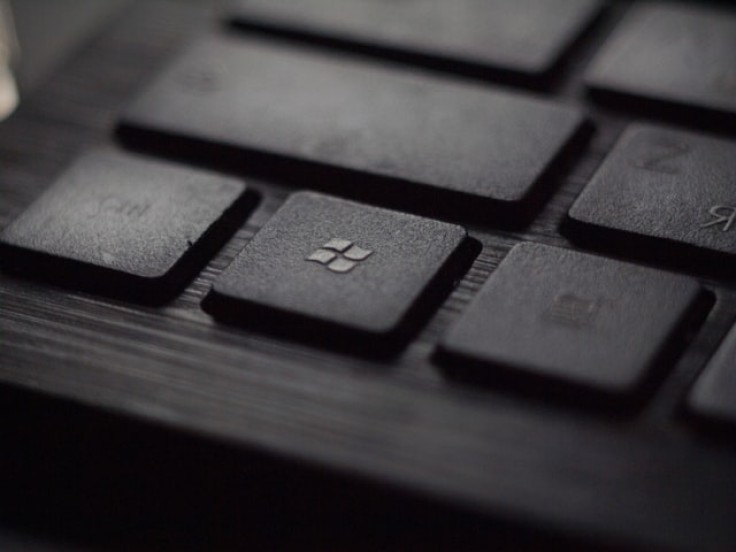
Knowing what version of Windows you have is fairly easy. Once you're on your desktop or home screen, simply press the Windows button and "r" key on your keyboard. A dialogue box will appear, and you just need to key in "winver" (without the quotation marks), and hit enter. A new window will pop up, showing what Windows version and build your machine currently has.
This strategy is helpful when trying to find out if a particular app or game, for most cases, is compatible with your operating system version. If you're into building a PC, you can easily get a bird's eye view of what driver versions and other 3rd-party applications your computer support to bring it to its full potential.
Windows 10 - Modern looks and all
Windows 10 is Microsoft's most recent version of its popular operating system. It replaced Windows 8 and 8.1, and if you're wondering if there will be a Windows 11 anytime soon, Microsoft currently has no plans of making one. It instead plans to release updates to the venerable Windows 10 to keep it up-to-date with today's computing trends.
Knowing what version of Windows you have is helpful, especially if you're after one that offers the latest updates and security.
I used to have a love-hate relationship with Windows 10, but after realizing no operating system is perfect (I'm looking at you, OSX, and Linux too), I preferred to stick with Microsoft's latest offering.
It has extensive driver support for most third-party devices. Ever had issues with your wi-fi dongle not being recognized by Windows 7? With Windows 10, most of the time, it's just a simple "Plug it in, and set it up."
Windows 8 and 8.1 - Metro apps we didn't really welcome
Ever wondered why Windows 8 phones never really took off? Take a look at its parent. For some, having a tile-based, or specifically, a metro-design UI, works. The icons are flat, with the majority of the user interface being somewhat clean and straightforward. However, 8 and 8.1 versions of Windows seemed to be fence-sitters.
You'd be like using a computer that can't decide if it wants to stay with Windows 7 or move on with having Windows 10. They do the job in some aspects, but given the similar hardware requirements, you'd be better off with just installing and using Windows 10.
Windows 7 and Windows XP - What Windows version am I using again?
Alright, hold your horses. There was a time XP ruled the computing world. It's relatively simple and straightforward for its time, and really easy to use. It may not have the eye candies that later Windows iterations offer, but with the promise of speed and ease of usability, most users of the time refused to leave the XP ecosystem.
The same goes for Windows 7. Many christened it as the modern XP. However, with all the security flaws and exploits security experts discover every day, we won't really advise sticking to both these operating systems. Add this to the fact that official support has been terminated, so don't expect new updates for XP and 7.









